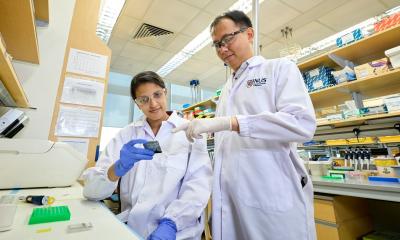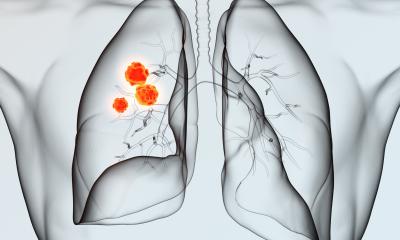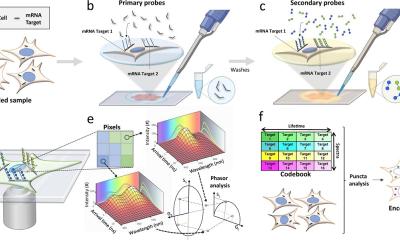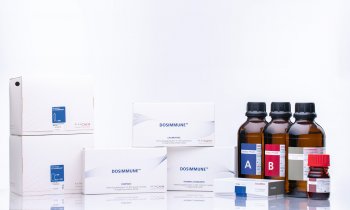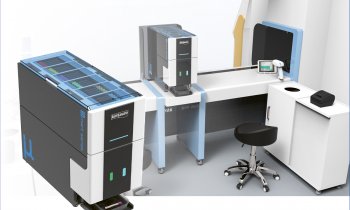Article • Mutated DNA in blood
Liquid biopsy detects tumour changes in real time
New findings from a scientific collaboration between the German Cancer Research Centre (DKFZ), the National Centre for Tumour Diseases (NCT) Heidelberg and the Thoraxklinik Heidelberg suggest liquid biopsy as a promising tool to monitor lung cancer patient tumours early. Scientists associated liquid biopsy readouts with clinical data and could track tumour responses to cancer drugs in real-time.
Although currently considered the ‘gold standard’, tissue biopsies are not without limitations. Thus, in recent years, a new alternative, liquid biopsy, has gained attention. When cells die, they release their DNA (so-called cell free DNA, cfDNA) into the bloodstream. For tumour cells that die after therapy, the cfDNA contains mutations that could be detected and analysed with PCR or sequencing tools for non-invasive diagnosis.
However, the sensitivity and clinical information provided by liquid biopsy is less clear, prompting the group to investigate further. By collaborating with partners at the Heidelberg Thoraxklinik, the DKFZ researchers recruited a focused cohort of 16 lung cancer patients, all carrying prominent mutations, and were undergoing tyrosine kinase inhibitor (TKI) treatment. Over a period of up to two years, the researchers collected sequential blood plasma samples from each patient and extracted the DNA.
By analysing the data, the scientists made three interesting observations. First, the number of mutated alleles in patients changed according to the clinical course of the disease. For example, in one patient, the initiation of TKI therapy was paralleled by a drastic and immediate (within 26 hours) rise of mutated cfDNA in the blood plasma, probably indicative of an effective therapy response that resulted in many cancer cell deaths. Interestingly, this ‘peak’ declined shortly afterwards, suggesting that TKI therapy had its greatest impact only during the first few days of treatment.
Secondly, the researchers found that low, or absent levels of mutated cfDNA associated with sustained periods where the disease remained under control and the tumour did not grow. Finally, in patients whose tumour relapsed and who died soon afterwards, the mutated cfDNA levels were found to be increasing rapidly over short timeframes.
These findings highlight liquid biopsy’s sensitivity in detecting and reflecting tumour changes in real time, while providing the advantages of being less invasive. The molecular data provided by this method might also help inform physicians to make earlier decisions on therapeutic strategies.
04.08.2017



